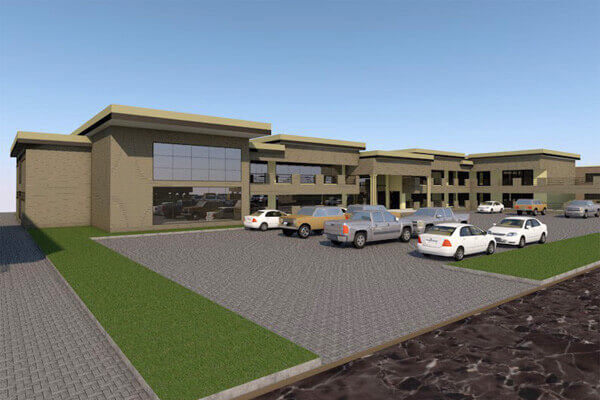Kasese, Uganda –Cargo trucks waiting to clear customs snake their way towards an iron gate guarded by heavily armed security officers. Off to their flank, queues of travellers move through tarpaulin tents where government health workers screen them for theEbolavirus. This is the Mpondwe border crossing. Located about 424 kilometers (263 miles) west of the Ugandan capital of Kampala, it’s where Jennifer Kobusingye has plied her trade for over a decade – importing cosmetics from theDemocratic Republic of the Congo(DRC) to sell in Uganda.Like other small-scale traders, the grandmother of two takes out loans to purchase goods to resell at a slight markup – a business that normally earns her roughly $27 in profit each week.But these are not normal times. “Whenever a case of Ebola is registered, we don’t cross to Congo for a month or two,” Kobusingye told Al Jazeera. “And a month without work – or even two weeks – is a huge loss.”Though the border betweenUgandaand DRC has remained open, Kobusingye’s struggles demonstrate how the fear surrounding Ebola is negatively impacting some sectors of Uganda’s economy. Health workers dress up in protective gear at Bwera Hospital near Mpondwe, Uganda near the border with the DRC Open borders cannot stop fear.The DRC – Africa’s most populous country after Nigeria, Ethiopia and Egypt – is in the grips of the second-largest Ebola outbreak on record, and the country’s worst ever. Since the current out break was first declared in August 2018, more than 3,000 infections have been confirmed, and more...
Ebola tests resilience of Uganda’s cross-border trade
Posted on: October 24, 2019
Posted on: October 24, 2019

















